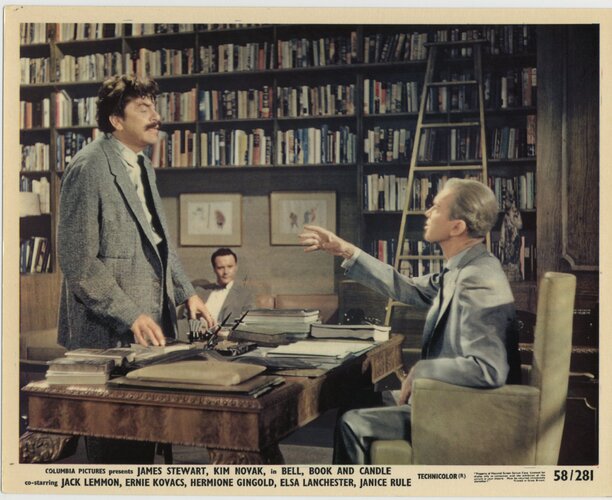southwestforests
ACCESS: Top Secret
- Joined
- 28 June 2012
- Messages
- 763
- Reaction score
- 1,243
Even in the 1990s it was normally necessary to ask a bookstore to order the aviation, railroad, military titles I had learned about and wanted.
There were 2 locally owned bookstores I enjoyed using, one on Kansas City, one in Lee's Summit. Both are long gone.
What I do know from talking to them and working retail myself, is that items with a really slow turnover rate are usually not stocked:
display space needs to make a regular and at least somewhat predictable contribution to paying the bills.
A title that you might sell 1 of every 5th year fails to meet that.
Even before the internet was available to me I enjoyed ordering books from places such as; Squadron's mail order hobby shop, Historic Aviation, and direct from the publisher at Schiffer.
"Object permanence" is a thing, or it is at least a personal issue with me.
I use the internet.
I enjoy the internet.
I save pictures and web pages from the internet.
But mostly,
Is there a book about that?
Books are real.
I'm not sure if the internet is real.
It vanishes when the machinery is turned off.
I see the books, they are still there on the shelves.
There were 2 locally owned bookstores I enjoyed using, one on Kansas City, one in Lee's Summit. Both are long gone.
What I do know from talking to them and working retail myself, is that items with a really slow turnover rate are usually not stocked:
display space needs to make a regular and at least somewhat predictable contribution to paying the bills.
A title that you might sell 1 of every 5th year fails to meet that.
Even before the internet was available to me I enjoyed ordering books from places such as; Squadron's mail order hobby shop, Historic Aviation, and direct from the publisher at Schiffer.
"Object permanence" is a thing, or it is at least a personal issue with me.
I use the internet.
I enjoy the internet.
I save pictures and web pages from the internet.
But mostly,
Is there a book about that?
Books are real.
I'm not sure if the internet is real.
It vanishes when the machinery is turned off.
I see the books, they are still there on the shelves.







